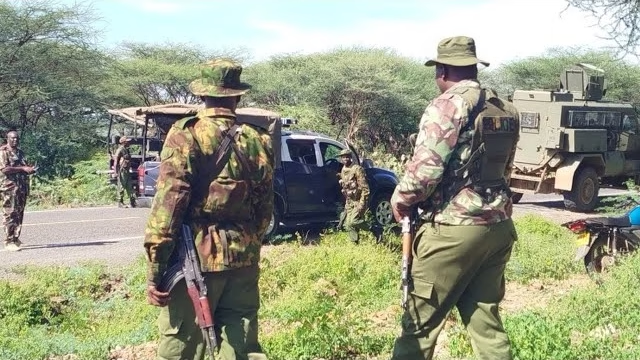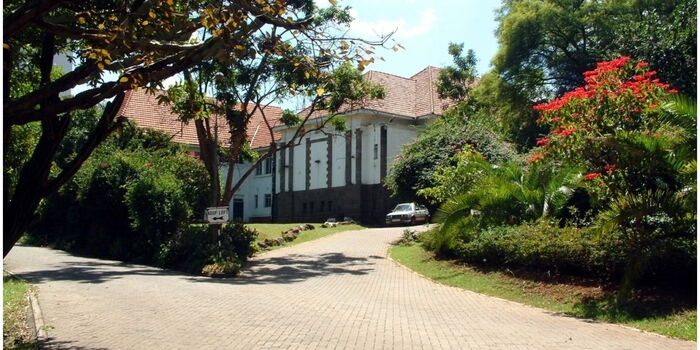
Baringo County continues to grapple with escalating insecurity, as a recent bandit attack resulted in the death of a National Police Reservist (NPR) and left four others injured. The incident underscores the persistent threat posed by armed bandits in the region and raises concerns about the safety and welfare of security personnel operating in these volatile areas.
In the early hours of [specific date], armed bandits launched a surprise attack on a group of NPRs stationed in [specific location], Baringo County. The assailants, believed to be from a notorious bandit group operating in the region, ambushed the reservists during their routine patrol. One NPR was fatally shot, while four others sustained injuries of varying severity. The injured officers were promptly evacuated to [nearest medical facility] for treatment.
Baringo County has long been plagued by banditry and cattle rustling, activities that have disrupted the socio-economic fabric of the region. The rugged terrain and limited infrastructure have provided safe havens for these criminal elements, making it challenging for security forces to maintain order. Despite numerous government interventions, including the deployment of NPRs and other security personnel, bandit attacks remain a persistent threat.
National Police Reservists play a crucial role in supplementing the efforts of regular police forces, especially in remote and high-risk areas like Baringo. However, their effectiveness is often undermined by serious logistical and operational challenges.
Many NPRs lack adequate protective gear, communication tools, and reliable transportation. These limitations severely hinder their ability to respond swiftly and safely during emergencies.
Although NPRs receive basic training, the tactics used by modern-day bandits are increasingly sophisticated. Without ongoing training, reservists are at a greater risk during confrontations.
Additionally, the stipends offered to NPRs are generally low, making it difficult to sustain morale among personnel who put their lives on the line daily. This lack of adequate compensation can affect both motivation and performance.
In response to the rising threat, the government has initiated several interventions aimed at enhancing security in bandit-prone zones:
- Recruitment drives are being intensified to bring more reservists on board. The goal is to strengthen the manpower available for patrolling and deterrence operations in volatile areas.
- There are also plans to upgrade infrastructure, particularly road networks, to improve mobility for law enforcement. Enhanced infrastructure enables faster deployment and intervention during attacks.
- The government is also promoting community engagement initiatives. By working closely with local residents, security agencies hope to tap into grassroots intelligence networks and foster greater collaboration.
The frequent attacks have led to mass displacement of communities. Many families have abandoned their homes in search of safety, resulting in a growing population of internally displaced persons.
The regional economy, heavily reliant on livestock and agriculture, has been deeply disrupted. Persistent insecurity has made it difficult for residents to farm or graze their animals without fear.
In the education sector, the situation is equally dire. Numerous schools have shut down or operate irregularly, leaving children in affected areas without consistent access to education.
Also read: Miguna Questions DCI Over Kasipul MP Murder Investigation
To deal with the worsening security situation in Baringo, comprehensive measures must be adopted.
There is a critical need to enhance support for NPRs. This includes equipping them with modern gear, ensuring fair remuneration, and providing continuous professional training.
Intelligence networks must also be strengthened. Better surveillance and local intelligence can help security agencies act preemptively and neutralize threats before they escalate.
Furthermore, community policing should be prioritized. Encouraging active citizen participation in local security initiatives will build trust and create a more robust early-warning system.





